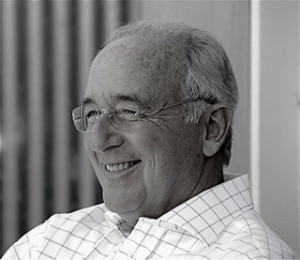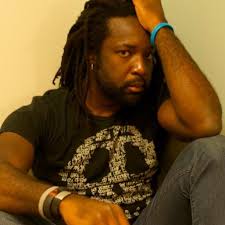I just finished the worst first draft I’ve ever written. The worst first draft in the history of writing. The worst in the universe! Somewhere out there, Martians scribbling away with ET light-up fingers are writing better stuff than this dreck I’ve produced.
Except, if I remember correctly, I felt this way about the first draft for the previous book. And the one before that. Oh, hello, Despair. Don’t I know you from somewhere?
This kind of wallowing gets ugly fast. But help is out there, in the form of all the writers who’ve gone before me and who, thankfully, offer advice on how to get through it.
 One of my favorite gurus is Steven Pressfield, of THE WAR OF ART, and its theory of Resistance. He puts it this way: “Most of us have two lives. The life we live, and the unlived life within us. Between the two stands Resistance.”
One of my favorite gurus is Steven Pressfield, of THE WAR OF ART, and its theory of Resistance. He puts it this way: “Most of us have two lives. The life we live, and the unlived life within us. Between the two stands Resistance.”
I’d substitute “books” for the word “lives.” Resistance is what stands between the first draft I’ve written and the book I’m capable of turning it into, if only I’d stop all of this pissing and moaning.
Resistance “arises from within,” he writes. “It’s a repelling force. It’s negative. Its intention is to shove the creator away, distract him, sap his energy, incapacitate him. If Resistance wins, the work doesn’t get written.” Emphasis mine.
And I’ve got to write the work, and write it well. Not only because I have a deadline, but because I have a lovely editor who, inexplicably, believes in me, and I don’t want her ever to find out how I really write.
So. This steaming pile of first draft. The one where I figured out the whole point of the book when I was, oh, about three-quarters of the way through. (In my defense, I thought I knew where it was going when I started writing. Much like the half-wild pony of my childhood, it tossed me to the ground and galloped away in another direction.)
Pressfield to the rescue again. He writes a twice-weekly blog and some recent entries have focused on first drafts. He likens them to blitzkrieg, the “lightning war” employed so effectively by Germany at the start of World War II. “Start fast. Roll hard. Stop for nothing. Bypass strongpoints of the enemy. Get to the final objective — THE END — as quickly as we can, even if it means we’re ragged and exhausted and running on fumes.”
And I did that! Even though, once the point of the book slapped me upside the head around Page 250, I shoved away the temptation to immediately start rewriting with that in mind. Instead, I limped along to what the ending had clearly become, and typed those two delicious words. So there, Resistance.
Next up, the rewrites, the endless rewrites. Because this sucker needs a bunch of them. Despair sidles back up to me at the prospect. “You honestly don’t think you can fix this, do you? Because from where I sit, it looks hopeless. Hey, wanna grab a beer?”
Why, yes, I do. And cry into it, while I’m at it.
 Time for another guru, this time Marlon James, whose A BRIEF HISTORY OF SEVEN KILLINGS won the Man Booker Prize last year, and who reminds us that the writing couldn’t care less about the writer.
Time for another guru, this time Marlon James, whose A BRIEF HISTORY OF SEVEN KILLINGS won the Man Booker Prize last year, and who reminds us that the writing couldn’t care less about the writer.
He wrote a great post recently about people just like me, wrapped in self-pity, as well as with people with Real Problems. Manufactured or real, both conditions get in the way of the work.
“Get over your damn selves, he says: “My novel couldn’t give a shit if I hate the world and want to die.”
The novel just needs to get written. Thanks, Steven. Thanks, Marlon. It’s been great hanging out with you. Now I’ve got to go back to work.
(This post originally appeared in The Thrill Begins, International Thriller Writers‘ resource for aspiring and debut novelists)


Leave a Reply